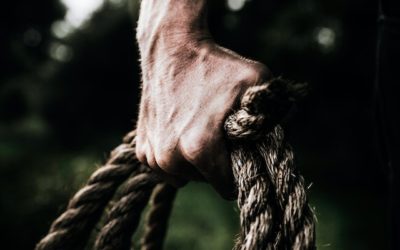The foundational point upon which my practice is founded upon, is that life is suffering.
This is a basic buddhist idea, one that states that being born guarantees suffering. It starts with the pain of being shoved through a much too small hole, and continues to saying good bye to everything and everyone you loved – when they die, and when it’s your turn.
Buddhism, for some reason, stops short of saying that we shouldn’t have children. I don’t stop there, I’m an anti-natalist (I had two kids before I had the choice or awareness to concretize this view).
My modality borrows from the Existential psychology movement, which focuses on key life things related to death, suffering, and meaning, but also makes operating assumptions that there’s a lot of pain in those themes and in daily life – and emphasizes a focus on that pain.
This point, about life being full of pain, and of willing to acknowledge this head-on, is what sets my approach apart from many other therapists and healers.
So much of the content you encounter online and in self-help books, aims to sugarcoat life. Some terms used to describe this include “spiritual bypassing” and “toxic positivity”. It’s the attitude of “life is great, let me share it with you”, and “every day is a gift”.
I make no such claims.
Life sucks, a lot of the time, and I see a value in calling out the bullshit, internal and societal.
Yes, my goal is to be as happy and fulfilled as I can be, and to help others achieve that. But to me, this requires going against our natural instincts for comfort and our attaching, as the Buddhist calls it, to craving and aversion.
Much of Vipassana meditation, which has transformed my life and which I strive to teach all my clients, instructs you to ‘focus on life as it is, not as you want it to be’.
I believe this is the starting point of all personal growth. Being able to experience the discomfort of yourself as imperfect, the wounds from your past, and the brokenness of humans who have brains that are far too big for their own good.
Much like going to the gym, where you increase your stamina and learn to power through pain, nay, eventually love the pain, I try to do the same on an emotional level. To increase the stamina of things you’re willing to explore, the amount of life’s weight that you can carry, and to expand your emotional pain tolerance so there’s room for more of you.
There are vast parts of our selves that we’ve cut off, that we refuse to experience, because it’s too painful to conceive of. The things we’ve done, the things others have done to us. We’d rather not think about it.
But, if we choose to think about it anyway, or, more accurately, if we choose to feel about it, we can reunite our fragmented selves.
This is Navya, a continuous process of becoming whole again.




